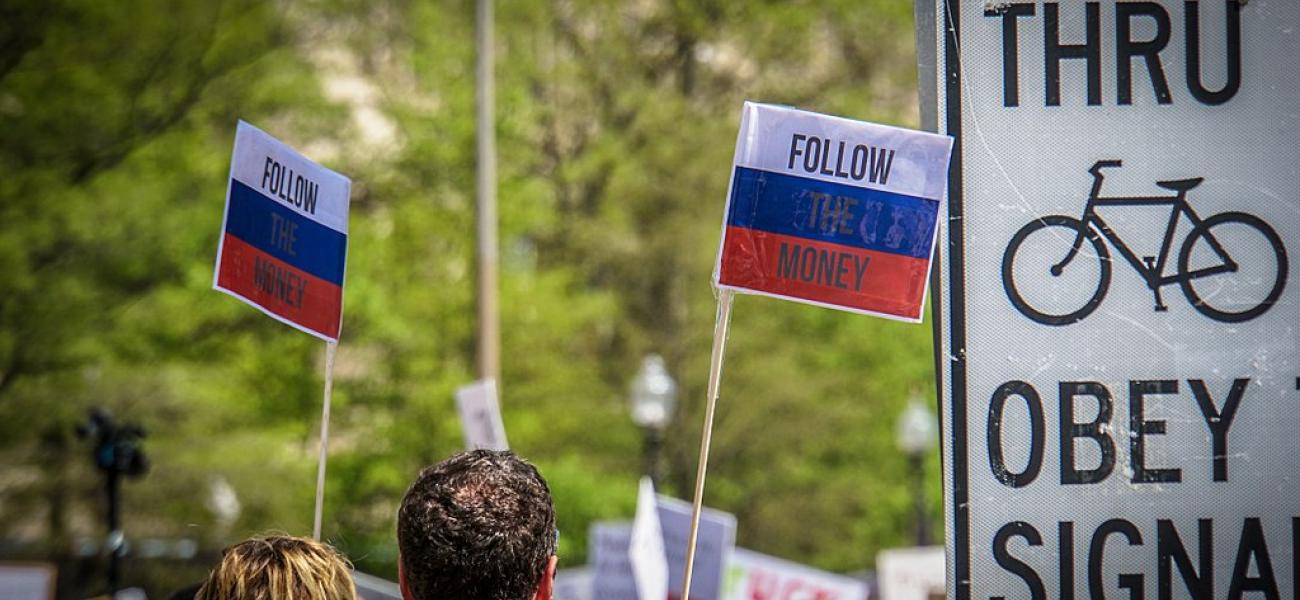
Whenever America Is in Crisis, Russia Is Its Whipping Boy
This is a summary of an article originally published by The Washington Post.
The author writes that anti-Russian sentiment in the media and in politics is nothing new. This recent attention, however, has inflated Russian President Vladimir Putin's significance, worry Putin's liberal critics in Russia. Additionally, the image of a vulnerable American political system advances anti-democratic ideas in Russia, where cooperation with the U.S. has usually coincided with more liberal domestic politics. Hostile relations, however, have seen a rollback of democratizing agendas. History shows several moments not unlike today. When the Vietnam War and Watergate tarnished America's image, U.S. President Jimmy Carter "invoked America's moral superiority to attack an old rival"—Russia. Even in 1891, when the U.S. was smarting from the blows of recent history, a book on the Siberian exile system gave the U.S. an opportunity to criticize Russian despotism. The author argues that this "Russian theme" only emerges at times of domestic crisis in the U.S., allowing the U.S. to keep faith in "its historical mission as the world leader of democracy." While the short-term consequences of this theme include a pessimistic outlook for Donald Trump's desire to better relations with Russia, the long-term consequences "are more serious."
Read the full article at The Washington Post.
Ivan Kurilla
Ivan Kurilla is a professor of history and international relations at the European University at St. Petersburg.
Photo by Ted Eytan shared under a CC BY-SA 2.0 license.

